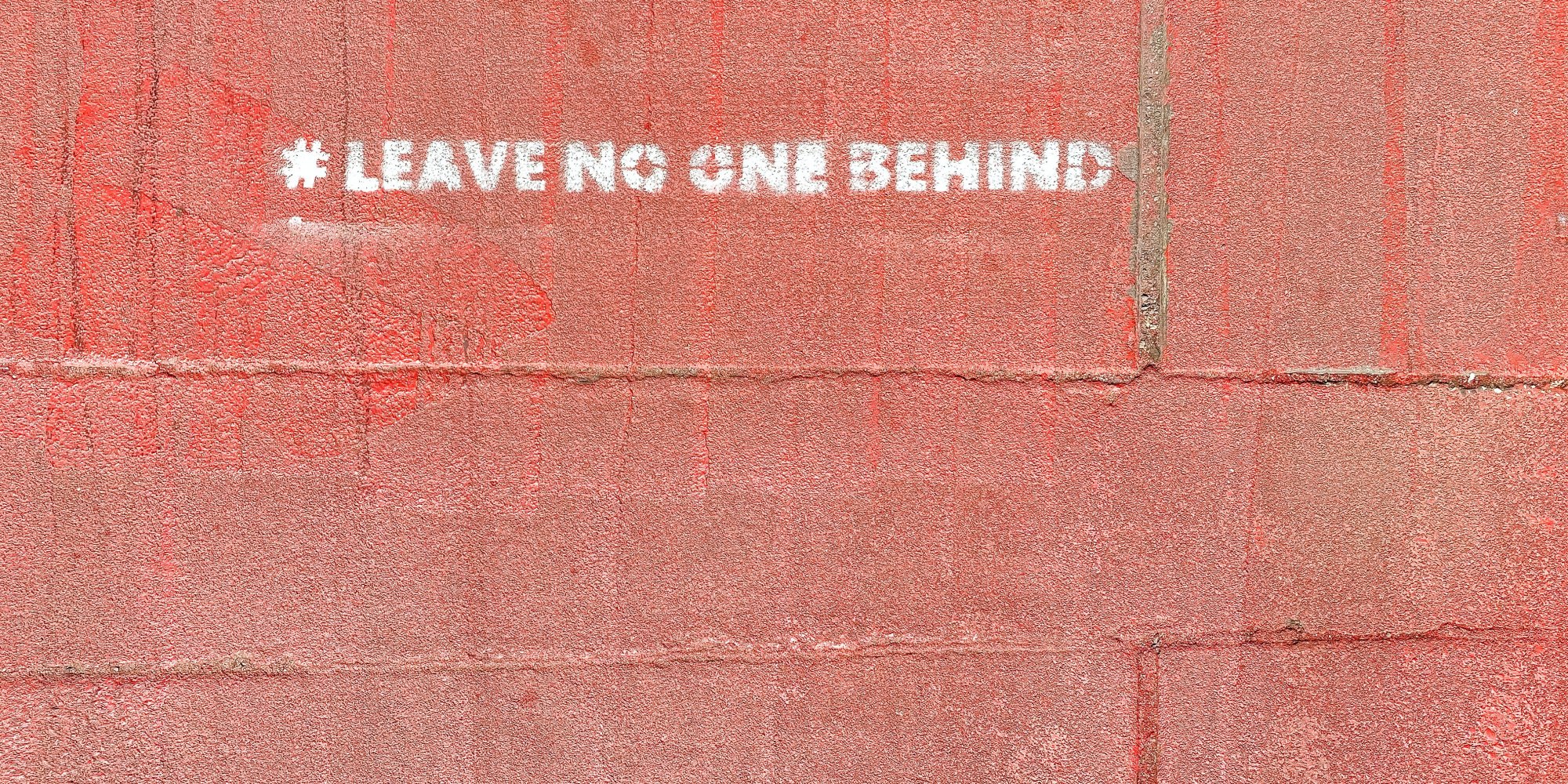Inclusive
Cities are dynamic structures where distinct individuals and communities live together. The concept of “inclusive city”, which takes its origins from the diversity of the city, includes policies and practices that prioritize the quality of life and welfare of all city residents, as well as ensuring the right to benefit from resources equitably.
Global crises and human mobility, which have reached critical stages today; bring serious consequences such as unemployment, limited access to basic health services and urban facilities. At this point, it is vital to implement effective inclusive policies and strategies. An effective solidarity process should primarily aim at making urban services accessible for all social groups, reducing poverty, and increasing livelihood opportunities.
MARUF21 determines the "inclusive city" as one of its main axes to find solutions to social inequality and social exclusion, which are among the most important issues facing cities. It aims to create the common ground for discussion we need to eliminate social, economic, and spatial inequalities between different social groups. The main aim of the studies to be carried out on this axis is to produce strategies for social inclusion policies and to achieve harmony in diversity.

